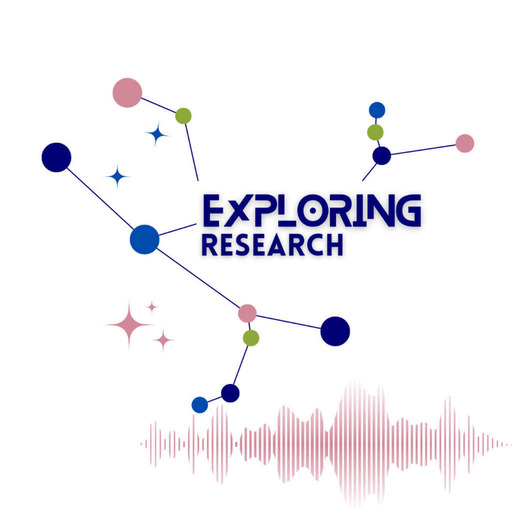[Eng] In this episode you’ll listen to Vanina Mino, a speech and language therapist and certified European Stuttering Specialist working in Buenos Aires, Argentina. First Vanina presents us a literature review about how to build a comprehensive assessment of stuttering and cluttering. Then we have a conversation about our clinical assessment practices. We are talking about quantitative and qualitative assessment, and how we can build the therapeutic alliance from the beginning to ensure shared decision-making with our clients. Vanina emphasizes that we as SLTs have to be flexible to fit the needs of our clients.
[Fr] Dans cet épisode, vous entendrez Vanina Mino, orthophoniste ccertifiée spécialiste européenne du bégaiement travaillant à Buenos Aires, en Argentine. Tout d'abord, Vanina nous présente une revue de la littérature sur la manière de mener une évaluation complète du bégaiement et du bégaiement. Ensuite, nous discutons de nos pratiques d'évaluation. Nous parlons d'évaluation quantitative et qualitative, et de la façon dont nous pouvons construire l'alliance thérapeutique dès le début pour assurer une prise de décision partagée avec nos patients. Vanina insiste sur le fait qu'en tant qu'orthophonistes, nous devons faire preuve de souplesse pour répondre aux besoins de nos patients.
References:
https://www.instagram.com/vaninamino/
Brundage, S. B., Ratner, N. B., Boyle, M. P., Eggers, K., Everard, R., Franken, M. C., ... & Yaruss, J. S. (2021). Consensus guidelines for the assessments of individuals who stutter across the lifespan. American Journal of Speech-Language PathoLogy, 30(6), 2379-2393.
Bloodstein, O.; Ratner, N.B.; Brundage, S. 2022. A handbook of stuttering. Seventh edition. | San Diego, CA : Plural Publishing, Inc.
Eggers, K.; Leahy, M.M. (2023) Clinical Cases in Dysfluency. Routledge.
Gore K., Margulis C., (2022) 3Es: An All-Inclusive Stuttering Therapy Tool. European fluency Specialist. Woorkshop.
Guitar, B. (2019). Stuttering: An integrated approach to its nature and treatment (5th Ed). Philadelphia: Wolters Kluwer.
Manning,W.A., DiLollo, A.(2018) Clinical Decision Making in fluency Disorders (4th. Ed). Plural Publishing.
Neiders G.,Grossman H.(2021). Rational Recovery from stuttering: Think Clearly, Speak freely, and live fully. (1st edition) M.Drakes.
Naomi Rodgers N. (2023). Understanding and Maximizing Clients’ Readiness to Change in Stuttering Therapy. ECSF Symposium Fluency Disorders.
Sisskin, V. (2018). Avoidance reduction therapy for stuttering (ARTS). In B. J. Amster & E. R. Klein (Eds.), More than fluency: The social, emotional, and cognitive dimensions of stuttering (pp. 157-186). Plural Publishing.
Sønsterud H., (2023). Working Alliance and Goal Setting in Stuttering Treatment. ECSF Symposium Fluency Disorders.
Stewart, T. (2021). Stammering Resources for Adults and Teenagers.Integrating New Evidence into Clinical Practice. (First published). Routledge.
Yaruss, J.S.,Quesal, R.(2004) Stuttering and the International classification of functioning, disability and health (ICF):update. Journal of Communication Disorder. 37,35-42.
Yaruss, J.S., Reardon-Reeves,N. (2020) Early Childhood Stuttering Therapy: A practical Guide. Stuttering Therapy Resources.
Zebrowski,P., Anderson,J.D., Conture, EG y Curlee, RF (Eds.). (2022). Stuttering and Related Disorder of fluency. Thieme.




